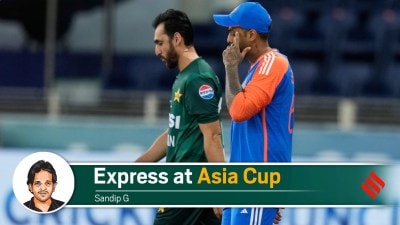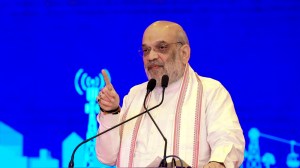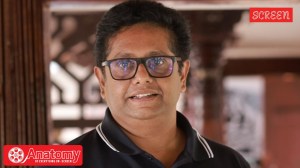14 years later, Bhopal gas victims still gasp for breath
NEW DELHI, DEC 5: Fourteen years after the Bhopal gas tragedy the victims are still without any primary health care facilities, according...

NEW DELHI, DEC 5: Fourteen years after the Bhopal gas tragedy the victims are still without any primary health care facilities, according to the International Medical Commission on Bhopal.
This is true as the first two primary health centres for the patients under the Bhopal Memorial Hospital Trust (BMHT) came up only this year while the clinics under the parallel Government-run health care system are as good as non-functional. The four-year-old Commission also expressed fears that the BMHT may end up spending money meant for disaster victims on a 250 bed hospital when the money could be better used to help victims through primary health centres. According to Marinus Verweij from Netherlands, one of the 15-member team from 12 countries, most of the existing clinics run by the Government either had inadequate staff or did not have the required equipment. To make matters worse, many clinics run by Red Cross have been shut down, Verweij said.
He along with two other panel members met reporters on Friday.They expressed their opinion that the Trust must find other resources to run its hospital and not use up its funds worth Rs 370 crore.
According to earlier plans, the hospital strength was to be 600 beds but this was reduced after the Commission took the matter to the Supreme Court two years ago. The Court directed setting up of ten primary clinics while the hospital would be set up with the Trust money. The Trust was set up with funds derived from sale of Union Carbide shares.
The Bhopal victims suffer from a condition that has no cure and their suffering has been compounded by the lack of medical facilities and the failure to define their symptoms and their treatment compelling patients to go through a prolonged medical shopping to diagnose their ailments and scout for medicines.
In most cases the symptoms do not suggest cure. For instance while salbutamol may comfort an asthmatic, it may not have any effect on someone who has been affected by the gas disaster, Sushma Acquilla another Committeemember said.
She said, most of the time the patients consume medicines which were ineffective on them. Hence the need of the hour is defining of the condition described as the `Bhopal syndrome’ through the joint efforts of local doctors who have been treating people with symptoms of the condition for the past 14 years. People need to know what can be treated and what cannot be so that they are spared from hunting for a cure for the incurable, Acquilla said.
The Committee which studied a total of 474 people in five groups aged between 21 and 69 found that the symptoms of `Bhopal syndrome’ are breathlessness (caused by a weak lung), irritability and restlessness (neurological) and any eye-related problem. More time was needed to determine carcinogenic impacts if any they said.
Committee members are of the opinion that the medical condition of Bhopal victims may continue for generations and hence the government and/or society has to have its response ready on a long term basis. According to them theirentry into the scene four years ago as a voluntary research and advisory committee was greeted with hostility. One of the members from Pakistan was not even allowed to take part in the project to help Bhopal survivors, Acquilla said. However later, the official attitudes thawed to tolerance and acceptance, she said.
The Committee has representatives from United Kingdoms, America, Sweden, Germany, Poland, India, Belarus, Netherlands, China, Pakistan, Canada and Italy.
Photos





- 01
- 02
- 03
- 04
- 05


























